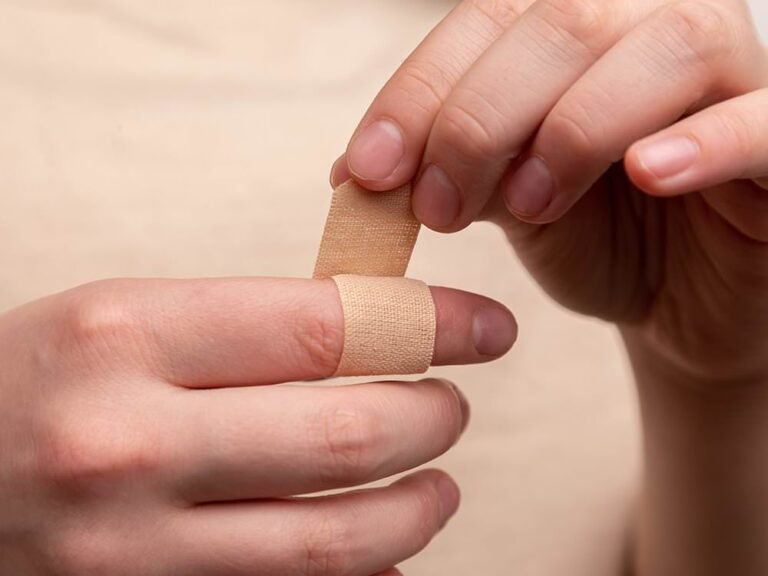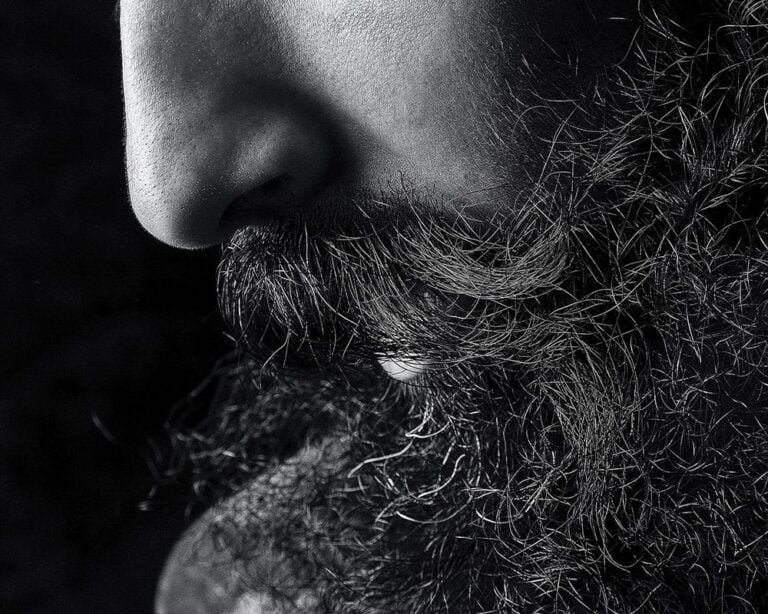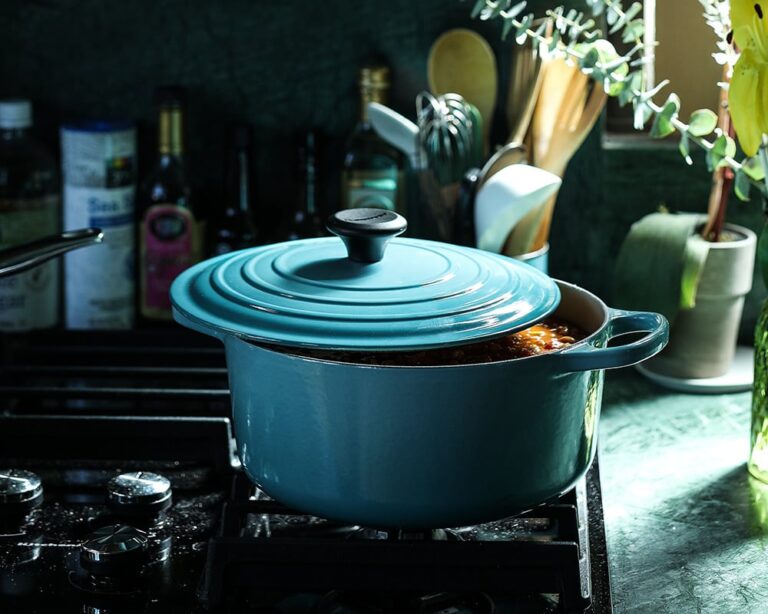il vaut mieux
The phrase “il vaut mieux” can be translated as “it is better” or “it is preferable.” It is employed to express a preference or recommendation, suggesting that one option is superior or more desirable than another. It uses an impersonal construction of the verb “valoir,” which means “to be worth.” An impersonal construction means that “il” is used to mean “it,” rather than “he.”
Examples of “Il Vaut Mieux”:
- “Il vaut mieux choisir un métier qui passionne plutôt qu’un travail monotone.” (It is better to choose a job that is passion-driven rather than a monotonous job.)
- “Il vaut mieux manger équilibré pour rester en forme.” (It is better to eat a balanced diet to stay healthy.)
- “Il vaut mieux être en avance que de courir toujours après le temps.” (It is better to be early than to always be chasing time.)






